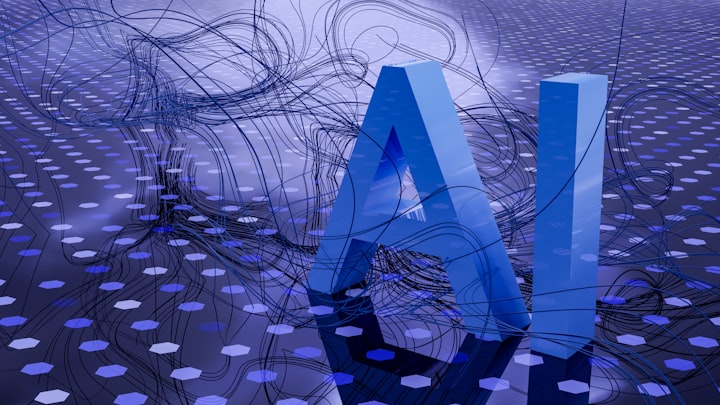
The evolution of Modern AI stands as a testament to human innovation, an epoch where the boundaries of technology and human capability converge to redefine the possibilities of our future. Its transformational impact is evident across various sectors, fundamentally altering the ways we live, work, and interact with the world.
Deep Learning and Neural Networks
At the core of Modern AI lies the revolutionary advent of deep learning, particularly through neural networks. These sophisticated models have unlocked unprecedented abilities for machines to learn from vast datasets. Through deep learning, AI systems excel in speech recognition, natural language understanding, image analysis, and pattern recognition. Applications range from virtual assistants that understand and respond to human speech to self-driving vehicles capable of identifying and reacting to complex traffic scenarios.
Natural Language Processing (NLP) and Conversational AI
NLP, especially through models like the Generative Pre-trained Transformers (GPT), has propelled AI's understanding and generation of human language to new heights. These models can interpret context, understand subtleties in language, and generate human-like text, facilitating more intuitive interactions between humans and machines. From chatbots offering personalized customer service to language translation tools bridging global communication gaps, NLP has transformed our interactions with technology.
AI in Healthcare
The integration of AI in healthcare has been a game-changer. AI algorithms are pivotal in diagnostics, drug discovery, and the personalization of treatment plans. Medical imaging analysis, powered by AI, aids in the early detection and accurate diagnosis of diseases, significantly improving patient outcomes and the efficiency of healthcare delivery.
Autonomous Systems and Robotics
AI has been the driving force behind the development of autonomous systems. From self-driving cars navigating complex roadways to drones conducting precision tasks and intelligent manufacturing systems optimizing production, the capabilities of AI-driven robotics have redefined efficiency, safety, and productivity across industries.
Ethical Considerations in AI
The rapid advancements in AI have illuminated the pressing need for ethical considerations and responsible development. Fairness, transparency, bias mitigation, and accountability in AI decision-making have gained significant attention. The implications of AI technologies on society, from potential biases in algorithms to concerns about data privacy and security, require stringent ethical frameworks to safeguard against unintended consequences.
AI and Climate Change
The marriage of AI and environmental efforts has seen significant strides in combating climate change. AI is utilized in climate modeling to predict, understand, and address environmental shifts. It also optimizes energy consumption and contributes to developing sustainable solutions, thereby aiding global efforts in environmental preservation.
AI in Financial Services
In the financial sector, AI has made substantial inroads, powering fraud detection systems, algorithmic trading strategies, risk assessments, and personalized customer services. These applications enhance operational efficiency, security, and tailor financial services to individual needs.
The exponential growth of AI raises critical ethical concerns, necessitating careful navigation to harness its potential while minimizing risks. The inherent biases in AI algorithms, largely derived from the data on which they are trained, pose significant challenges. Data privacy, security, and transparency in decision-making processes are focal points for ethical deliberation.
To navigate this complex landscape, there's an urgent call for interdisciplinary collaboration between technologists, ethicists, policymakers, and society at large. Establishing regulatory frameworks that ensure fairness, transparency, and accountability in AI development and deployment is imperative. Such measures are pivotal in fostering responsible AI innovation, maintaining public trust, and mitigating potential adverse impacts.
As Modern AI progresses, the focus on developing AI for social good becomes increasingly important. Initiatives ensuring the ethical development and responsible deployment of AI are essential. The collaboration between humans and AI systems holds the promise of a future where transformative advancements coexist harmoniously with ethical considerations, ultimately shaping a world that leverages the full potential of AI for the greater good.
In conclusion, the narrative of Modern AI is one of unparalleled innovation, transformative capabilities, and ethical imperatives. Its continued evolution requires a balanced approach, harnessing its benefits while navigating its challenges with a steadfast commitment to ethical responsibility and a vision for a future that is not just technologically advanced but ethically sound and inclusive.
About the Creator
Been Khan
Just a student trying to help myself to afford my own expenses.





Comments (1)
The article concludes with a powerful call for interdisciplinary collaboration and responsible AI innovation. I agree that this is essential to ensure that AI is used for the greater good.